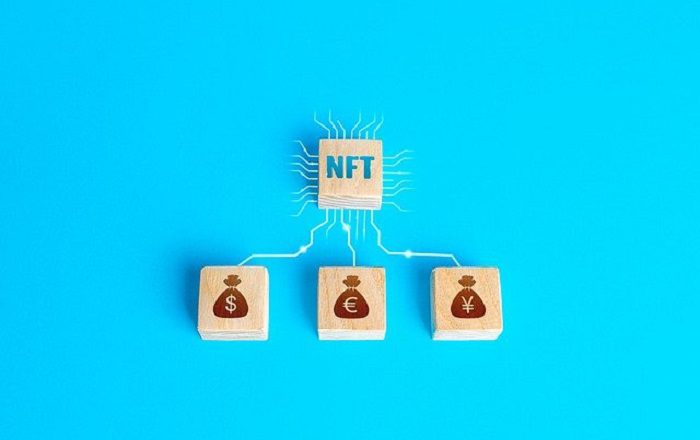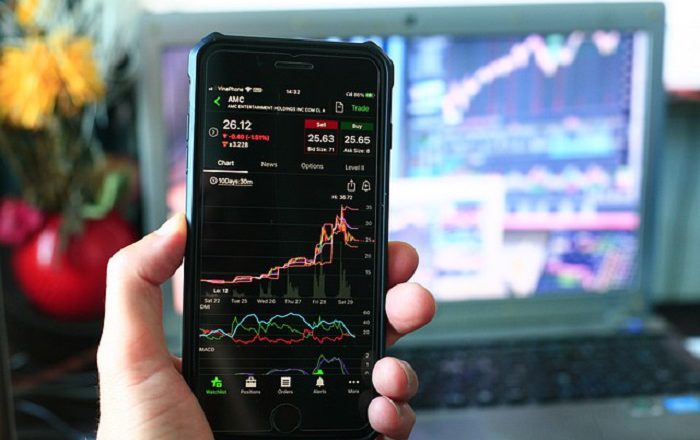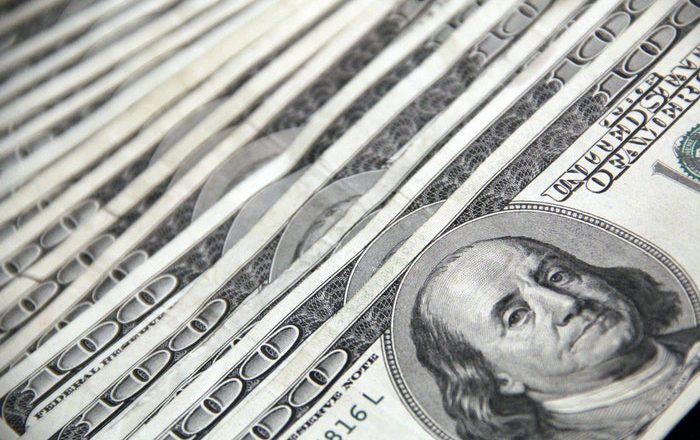As The Ever Given Fiasco Illustrates, Today’s Global Economy Runs On Standardized Shipping Containers
Take a look around you.
Perhaps you’re snacking on a banana, sipping some coffee or sitting in front of your computer and taking a break from work to read this article. Most likely, those goods – as well as your smartphone, refrigerator and virtually every other object in your home – were once loaded onto a large container in another country and traveled thousands of miles via ships crossing the ocean before ultimately arriving at your doorstep.
Today, an estimated 90% of the world’s goods are transported by sea, with 60% of that – including virtually all your imported fruits, gadgets and appliances – packed in large steel containers. The rest is mainly commodities like oil or grains that are poured directly into the hull. In total, about US$14 trillion of the world’s goods spend some ti...






